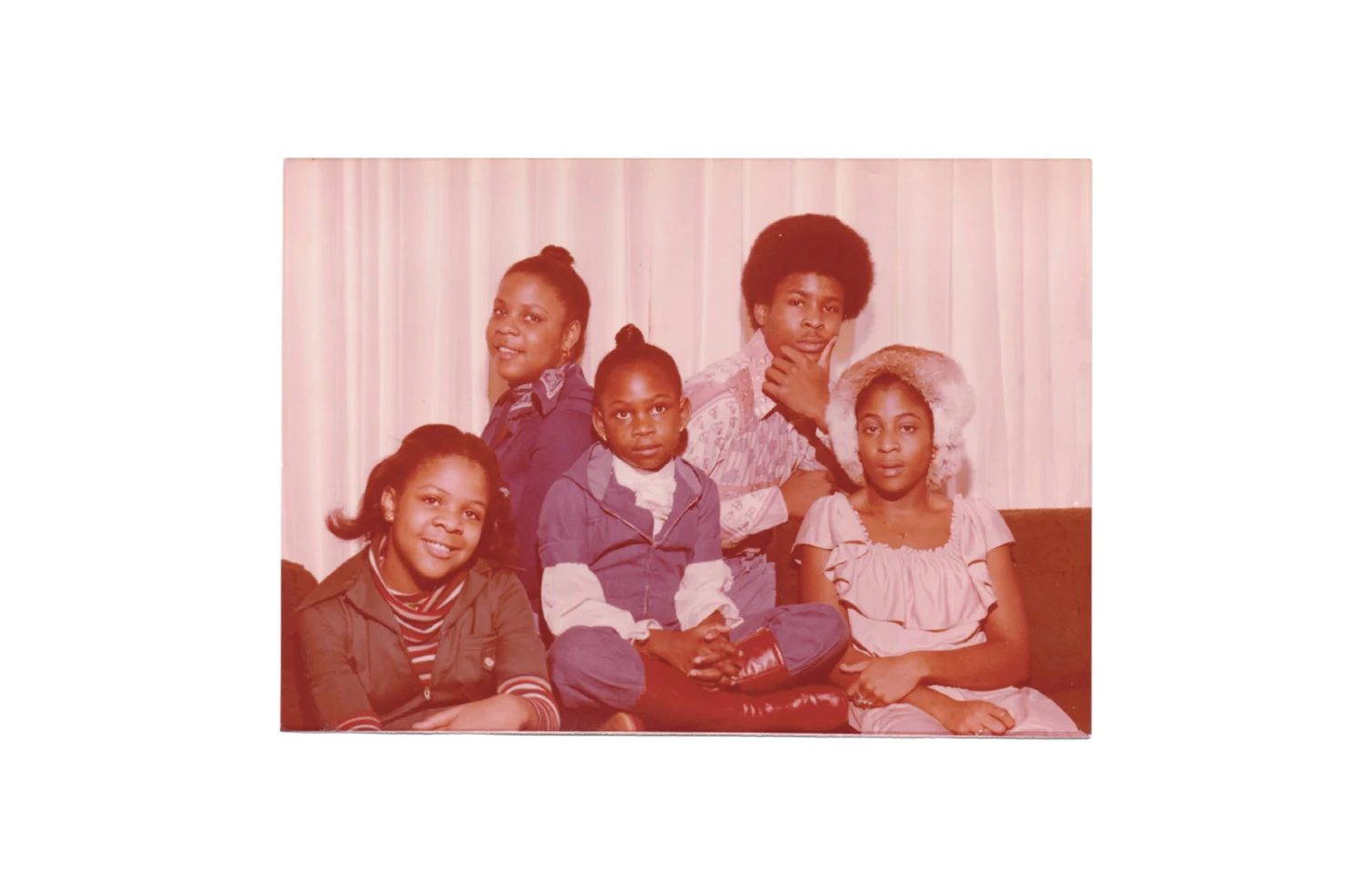wrestling with righteousness
I have been young and now I am old, yet I have not seen the righteous abandoned or his children begging for bread. He is always generous, always lending, and his children are a blessing.
Psalms 37:25-26
Dear Nadia,
I started out thinking I would add to this blog a very clever concordance that would cover all the big, overwhelming, churchy, fire-and-brimstone words with my own less theologically scary explanation of what each word meant. At the top of the list were words like sanctification, salvation, Sabbath, submission—and that’s just the S's. But, I thought, I could start with a simple word: Righteousness.
You know grace. You’ve heard it a million and ten times all of your life. If you don’t hear it sighed at least five times a day — “give yourself grace” or “thank goodness for grace” — then you’ve certainly read it beautifully penned on a coffee mug, book jacket, or journal. Grace, I think you get. God forgives us and is good to us just cause that’s who He is, even though we don’t deserve it. But righteousness? Where to begin?
To start with, I really did used to hate the word. I truly hated it every time its three jarring syllables were spat at me from the pulpit of my African-American upbringing. David said he’d never seen the righteous forsaken (now there’s a word for you, "forsaken") or its seed out begging for bread. But I knew plenty who sat right there beside me in the pew Sunday morning after Sunday morning that had been utterly abandoned and out-and-out begging for bread.
I have been abandoned. At five years old, my mother put me in the backseat of the car and drove me to my grandmother’s house and never came back to pick me up and bring me home. I was forgotten every Saturday morning for my entire childhood by Wild Bill, the father, who tried and failed and tried and failed to come and get me and drive me off into the sunset of promises that, in my heart, I knew, and he knew, were being abandoned the moment he exhaled the first syllables of every promise he ever said.
And let’s not even discuss the begging. I saw so much begging that I that I thought they were prayers—my mother begging for government cheese, for food stamps, for them not to take her back to that mental ward, for that man to stay, for that man to go, for cigarettes, for gas money, for another week before they turned off the lights and the gas. My only conclusion could be that David wasn’t talking about me. Had God forgotten us?
This is why I thought it might be good to give you some explanation of this Christian speak. I want to make sure that if you believe in this God and if you decide you're going to enter into this faith, then you have to speak its language correctly. You have to know what the bible is and isn't saying. I'd be mortified to find out that you never knew if God really loved you or if He was really good because you received a misinterpreted definition from a one-sided American evangelical narrative. The truth is that if the bible proclaims Good News for all people, then that's exactly what you should expect of it. Good News for all people. For most of my childhood, it proclaimed only judgement and nothing good because it was being preached from a one-sided narrative that worked for privileged evangelicals. But it left the rest of us trying harder to be better, or giving up all together.
If only I'd known back then that practically every time we see the word "righteousness" and it's derivatives in the Old Testament, what we're really reading is the Hebrew word for justice, "mishpat". Simply put, all those years I spent believing that to be righteous was to be a perfect-behaving person was not true. It's more accurate to say that to be righteous is to be part of a community that actively seeks to do good for the greater good—to do justice.
Once, I was actively involved in a prayer group where I often found myself wondering how I could possibly pray for healed cancers, football championships, pleasant vacations, and saved kids in places where healthcare and organic goods and frequent flyer miles and coaches and youth groups were flowing like milk and honey. How could I pray prayers of plenty when my oldest sister, every day without fail, was coming to the offering plate after picking through the lint of lack at the bottom of her pockets to toss in her last penny? I decided that I wanted to bridge that gap. So one day I emailed a prayer request on behalf of my sister to the leader of that group of warriors that I loved and with whom I wanted nothing more than to be fully transparent and completely aligned. In the request, I talked about how my sister was grieving the daughter she lost to a heroin overdose and how she didn't have a place to live and how the grief had given her shingles and high blood pressure. I asked for the demons to stop circling my niece's ashes that the funeral home had yet to deliver, months after Tiffanie's death. I emailed to pray for my sister who just wanted to get on with the task of grieving but felt stuck in a hole of no daughter, no home, and no ashes. I received a graceful reply, "Please know your sister and family have already been in my prayers. I so understand loving a sister when she must suffer through choices..."
My friend misunderstood. She read into a set of circumstances and somehow translated the reason for them as the result of choices. She is not the only one at fault. We're all guilty of this because we don't want to live in an unjust world. So, we translate hardship and suffering into consequences because it feels more just. It's why we pray for outcomes but rarely pray laments. If my sister lost her child, her home, her health, then surely there must be a reason... but rarely are we comforted by the truth: She lost all those things because there's an enemy who takes things.
At the ripe ole age of ten, my sister watched as our father pushed the bottom of his boot so hard against our pregnant-with-me mother’s mouth that when he was through my sister could see my mother's two front teeth pushing through her top lip. From that age on, she would carry the weight of all those years of our mother’s abusive and damaged relationships. She would be the sister who protected us with all those phone calls for help to neighbors, to aunties, to grandma and grandpa to come and get us when our mother's mental illness chased us with knives. She would be the teenager who would take all those trips to bring my mother home from the psych wards and police stations and hospitals, and all the while she would be called every kind of ungodly woman (you name it) by our own mother. There's not a single choice that my sister ever could have made that would lead to her burying her 27 year-old daughter, living in someone's basement and sleeping on their sofa while she grieved and tried to bring down her blood pressure and heal her body from shingles.
My girl, there are a million bible teachers teaching a million different perspectives on what it is to be righteous. Paul says there is not one righteous, no not one. If all righteousness means is perfected moral living or purity, then everybody in the world has to agree that no one is perfect, that not a single one of us is that good. But if righteousness means justice, right doing for the greater good, then we all have an incredible amount of work to do. If all we work hard at doing is continuing to weigh up suffering as consequences according to our measly definitions of righteousness and unrighteousness, we're dressing ourselves in the robes of Pharisees. And you know how Jesus felt about the Pharisees. So, who did He see as really being righteous and to whom did He do "righteousness"?
One day, Jesus sat down by a well and asked this lowly, ghetto woman for a drink of water. She asked Him why was He even talking to her? “You don’t know me, and you’re not from around here. Cause if you did, you wouldn’t be asking me.” But, He said to her, "If you knew who I was, you’d ask me to give you a drink of water from a well that doesn’t go dry. One sip and your thirst could be quenched for life.”
On the Sermon on the Mount, Jesus taught, "Blessed are those who hunger and thirst for righteousness—for justice and goodness—for they will be filled." Even if the only thing that righteousness means is being a good, moral person in the eyes of God, we can't really claim to be morally good unless we are willing sit with the woman at the well too. We can't be good if we don't practice justice no matter how much we pray.
Baby, do not believe all the stories you will hear about the woman at the well and why she was at the well at that particular time of the day as if all her circumstances were the result of a series of bad choices that were all of her own making. I highly doubt that her life in that day when women where considered property had much to do with her choices. Like your Auntie, your grandmother, and me your mother, she had a well of untold choices made for her long before she ever walked the earth. Jesus sat by the well and whispered her entire story in all its complicated details, so that for the first time in her life she felt seen. And so, unashamed, she ran and told the very people she'd been avoiding that day, "Come and see. Could this be the Messiah?" Every circumstance does not come down to the good and bad choices we make. Some choices just are not our choosing. Fathers are not there. Husbands leave. Jobs lay-off. Mothers abandon their children and leave scars of scorn.
Just months after my oldest sister buried her only daughter, she returned to working her next-to-nothing, part-time, ragtime job at a dry cleaners. She returned to living on one sofa and then another and all the while dealing with shingles and bed bugs and high blood pressure. One day while she was at work, a delivery guy dropped into the cleaners to drop off a package and noticed her bedazzled hat that read, “Blessed.” He smiled and asked her as one laborer to another, “What you got to be so blessed about?” To which my sister, relaying the story to me over the phone, said, "Girl, I crossed my arms and told him, ‘Everything. Cause I’m the Daughter of the Most High.'"
For I've never seen the righteous forsaken or its seed out begging for bread/ For I've never seen those doing justice forsaken or their children out begging for bread/For I've never seen those who are hungry for justice and thirsty for goodness forsaken or their children out begging for bread? I still don't know. I'm still wrestling with righteousness. Maybe, I always will.
And, even though I’ve decided to scrap that whole concordance business, here's my last feeble attempt:
RIGHTEOUSNESS, n. ri’chusness. 1) He sees the woman and offers her water from a well that never goes dry. 2) He sees the bereaved daughter and bedazzles her head with blessings.










